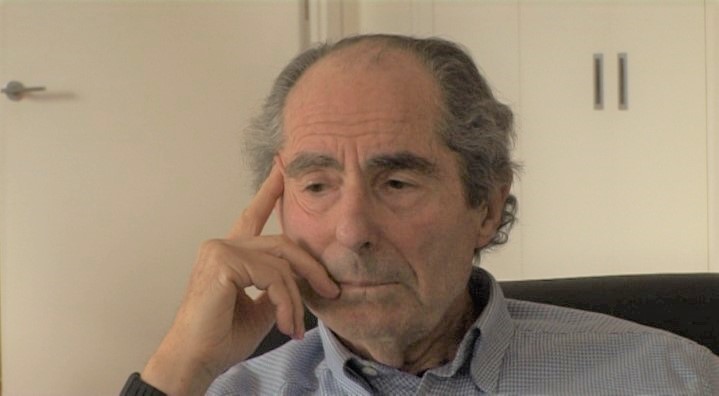NEXT STORY

The writer's passion for thoroughness
RELATED STORIES

NEXT STORY

The writer's passion for thoroughness
RELATED STORIES


|
Views | Duration | |
|---|---|---|---|
| 121. Assessing the power of sex words | 421 | 01:48 | |
| 122. Sex: how to handle this dynamite | 1 | 388 | 01:58 |
| 123. Writing about sex in American Pastoral | 430 | 02:18 | |
| 124. Being bold about sex | 418 | 03:16 | |
| 125. Sex: both serious and ridiculous | 364 | 03:12 | |
| 126. 'In the destructive element, immerse yourself' | 1 | 484 | 03:43 |
| 127. Creating a cast of characters | 378 | 02:59 | |
| 128. The writer's passion for thoroughness | 403 | 01:57 | |
| 129. Proust made no impact on me | 1 | 899 | 00:47 |
| 130. Patrimony: a true story | 373 | 02:45 |


What... What I was thinking while you were talking, was that the power of a book resides to a large degree in the main character. But it also resides with the cast of characters. And the uncanny thing for the writer is the invention of the cast of characters. So I have Swede Levov, you know, and I begin to think about him and his problem with his daughter, and then I have to invent the daughter. Now all I know is she's going to blow up this little post office in the town, so all I know is that he... Swede Levov has got a daughter who is going to blow up – and she's 16 or 17 – blow up the post office in this town. But what is she? What is she? She just can't be a bomb thrower. What does she say, do? How does she act? And then you've got his brother and then you've got his mother and father. Then you have his daughter's handler, as it were, terrorist handler, that girl. And you begin to accrue a cast of characters and, this may seem obvious, but they have to be right. You know Emma Bovary by the men in her life. Charles is as great an invention as Emma. The... the lovers she has – the... the Duke or the Count, whatever he is, and the drapier [sic] – you see her behaving with them. So one of the gifts is the ability to people the stage, and either you have it or you don't. Either the other characters are papier-mâché characters or they're interesting.
[Q] Are you as good as Flaubert do you reckon?
Probably not. I don't think so. There's a new translation of Madame Bovary, which I haven't read but I want to read because I... I can read that book every year, you know. And Sentimental Education I can read every second year. He's... he's remarkable. And he figured out realism, you know, he figured it out.
The fame of the American writer Philip Roth (1933-2018) rested on the frank explorations of Jewish-American life he portrayed in his novels. There is a strong autobiographical element in much of what he wrote, alongside social commentary and political satire. Despite often polarising critics with his frequently explicit accounts of his male protagonists' sexual doings, Roth received a great many prestigious literary awards which include a Pulitzer Prize for fiction in 1997, and the 4th Man Booker International Prize in 2011.
Title: Creating a cast of characters
Listeners: Christopher Sykes
Christopher Sykes is an independent documentary producer who has made a number of films about science and scientists for BBC TV, Channel Four, and PBS.
Tags: American Pastoral, Madame Bovary, Swede Levov, Emma Bovary, Gustave Flaubert
Duration: 2 minutes, 59 seconds
Date story recorded: March 2011
Date story went live: 18 March 2013